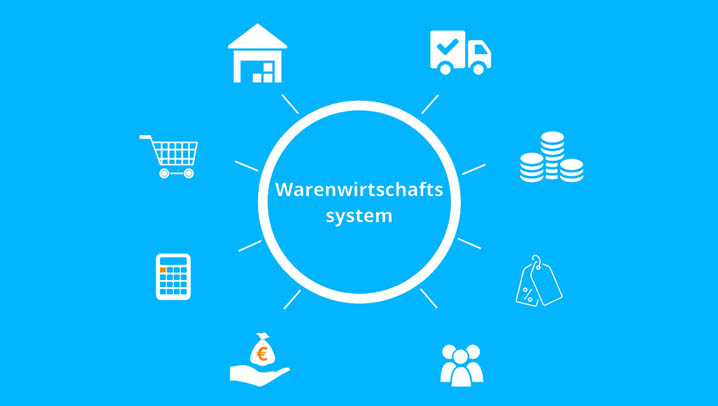
What are the Shopware interfaces?
First of all, it makes sense to define what the API Shopware interfaces mean. The abbreviation for API is Application Programming Interface. This is the code that allows two software programs to communicate with each other. Everything seems clear, but let’s take a closer look.
As described above, API is primarily a Shopware interface. Developers can use it to use pre-built blocks to create a web app. In mobile app development, the role of an API can be, for example, a library for use with “Smart Home”. All the necessary requirements are already implemented in the library and you just need to call this API in the code.
Shopware Merchandise Management Interface
In terms of merchandise management, you need the Shopware interface to establish the connection between the merchandise management and the online store and thus enable the desired data exchange (such as product, order, and customer data).
If we talk about the web application development, the API interface can submit the data in HTML format. This is very convenient if you want to have your own web app created.
Public APIs often submit data in one of two formats: XML or JSON. But if you want to create an API-based app, it’s important to remember that JSON is much more flexible and simple than the XML data format.
Shopware PIM interface
For example, the PIM system provides its own API interface to enable Shopware experts to synchronize product data.
The way programmers use the API depends a lot on the API’s feature set. For example, the PIM API can be used to transfer information about product names, descriptions, metadata, images, etc. to the online store.
Shopware SAP Interface
Today, the integration of the Shopware online store with SAP systems is a major prerequisite for a successful and profitable Internet presence.
Advantages of the SAP connection:
- Sales automation: centralized product and order management via SAP
- Management via primary documentation
- Inventory management
- Customer group management: retailers, wholesalers, resellers, etc.
- Management via customer-specific prices
SAP integration with Shopware saves the cost of your staff and employees. You no longer need to hire additional staff to ensure the efficient maintenance of your online store.
If you have any further questions about how to connect your online store to the merchandise management system, we will be happy to help you as a professional Shopware agency.



